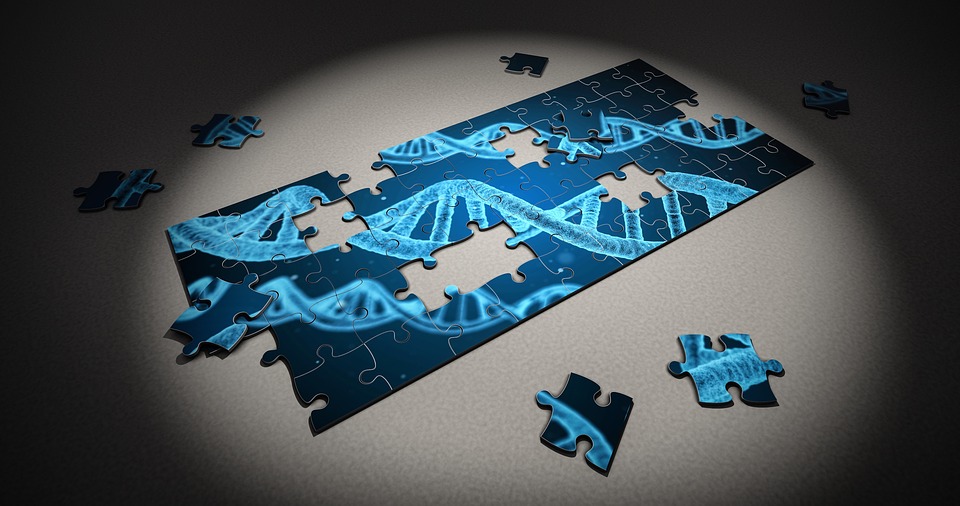Lupus can present in many unpredictable ways, making the diagnosis difficult in patients, but Australian researchers may have made a breakthrough
South Australian researchers have identified the molecular signatures of “rogue clones”, a diagnostic marker for lupus, which may lead to earlier disease detection in patients and for more personalised treatment.
Rogue clones are the pathogenic anti-double-stranded (ds) DNA found in majority of people with lupus.
“With our new finding, we have advanced from measuring just the level of autoantibody, to breaking down their precise components,” Professor Tom Gordon, an immunologist at Flinders University in Adelaide, said.
Lupus can present in many unpredictable ways, making the diagnosis difficult in patients.
Current methods for measuring anti-dsDNA were outdated and gave little information about molecular composition, Professor Gordon said.
Using a new, streamlined workflow based on mass spectrometric sequencing, the scientists zoomed in on the structure of rogue clones to analyse the mutational signatures and clonotypes of high-affinity anti-dsDNA.
High-affinity antibodies respond more strongly to self-antigens than low-affinity antibodies, and have been linked to symptoms such as joint pain, skin rashes and nephritis in patients with lupus.
“Our study can be used in personalised medicine because what we found is that the molecular signatures actually are quite individualised,” Dr Jing Jing Wang (PhD), a research fellow at Finders University, told The Medical Republic.
“We can use those personal markers from each individual patient to monitor the progress of the disease.”
The new laboratory test goes further than existing tests in that it identifies the type of rogue clones that may be causing lupus.
“Identifying and isolating the signature of these rogue clones can provide information about whether a drug therapy is working or not,” Professor Gordon said.
ELISA (enzyme-linked immunosorbent assay) can determine the level of the antibodies in a patient, but fails to distinguish which clonal types are causing the disease.
“The ultimate goal of our work is to find biomarkers for early diagnosis and measuring response to treatment and to design therapies to remove rogue clones in individual lupus patients,” Dr Wang said.
The researchers are now conducting further longitudinal studies on patients before, during and after flares to measure changes in clonotypes.
The study was published in Clinical and Experimental Immunology.


